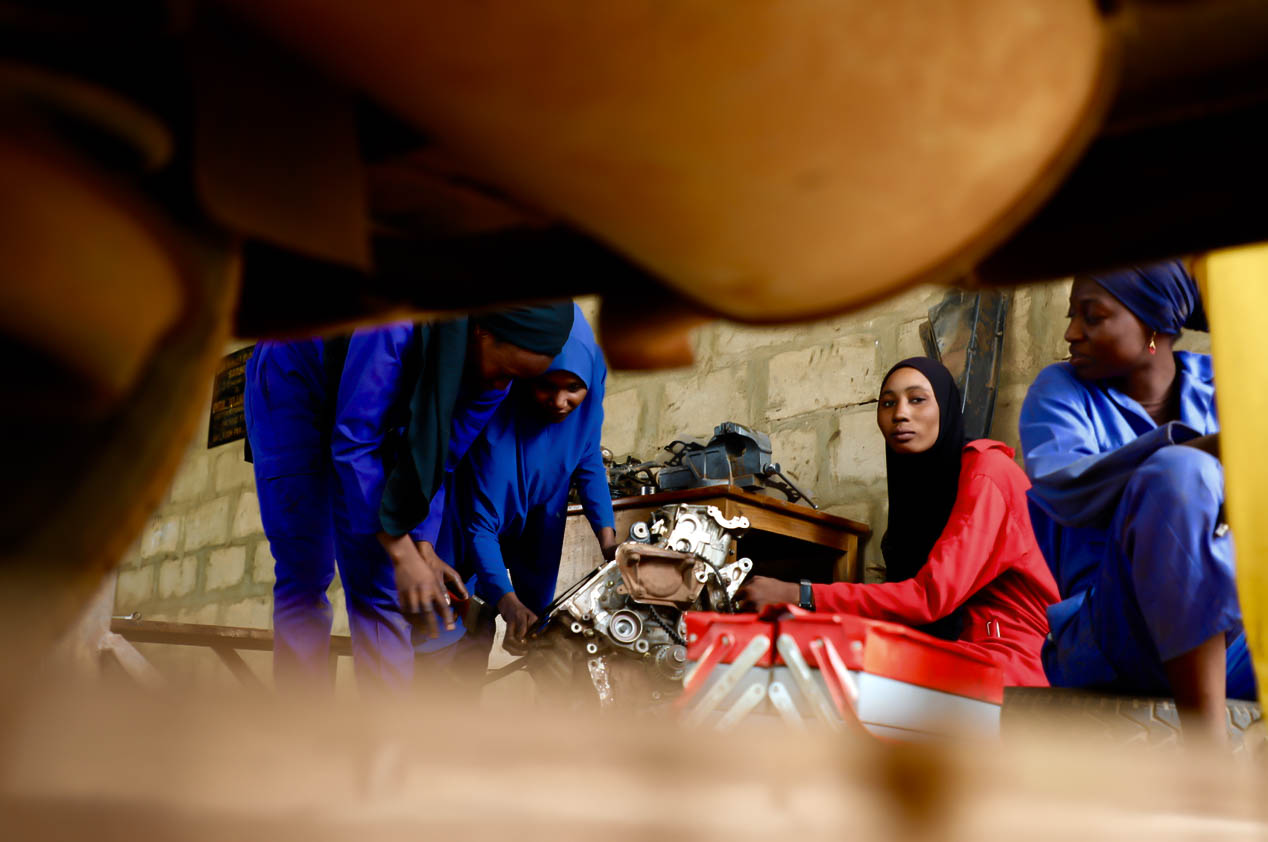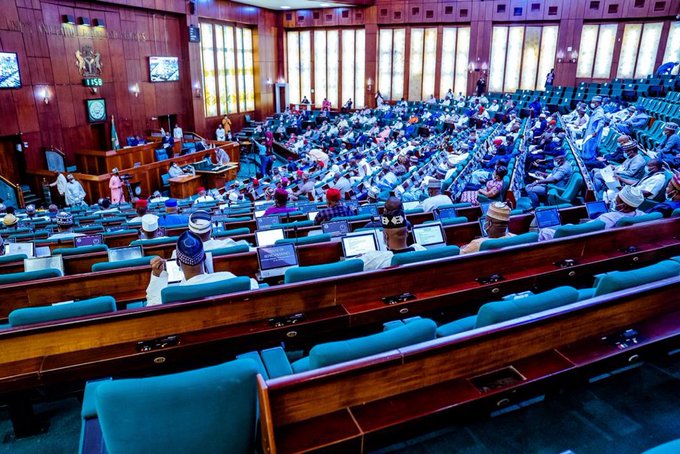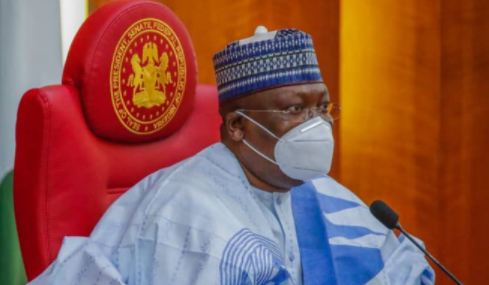Andrew MacFarlane, rankings manager at QS Quacquarelli Symonds — an organisation which focuses on ranking institutions worldwide in terms of contribution to knowledge and development — says universities that do well on global ranking focus on “answering big questions”.
For the 2021 QS World University Rankings by Subject, University of Ibadan (UI) was the only Nigerian university among top varsities that made the list.
UI made the list for the study of Medicine and Agriculture & Forestry — with the varsity’s best performance coming from Medicine.
Speaking at a three-day virtual conference held in March, tagged #QSMAPLE2021, with the theme: “The Future Today: Sustainable Growth towards 2030”, MacFarlane said universities that perform well in the top spots are those engaged in major research efforts.
Advertisement
Listing the performance of regions, for Africa, he said technology played a major role in the growth of the continent’s education sector.
“This year, we saw a 31 percent increase in international nominations for academic reputation. So, this is very encouraging. There is a story of growth here, and we can see most of this growth coming from the engineering and technology broad faculty area,” he said.
Speaking on the trends in institutions that boost ranking status, he urged institutions to work with “high-impact journals”, and engage in global research collaboration.
Advertisement
“When we launched the subject rankings, it became quite clear to us that institutions that do well — that are in the top 10 or 20 — tend to be the ones focusing on some of the biggest concerns of the day, whether they be social concerns, scientific concerns, but they are involved in groundbreaking research tackling the big questions. And that would be one of my main recommendations in terms of reputation of an institution and how it focuses its resources and its energy,” he added.
“To solve the big research questions of the day, whether it be sustainability, COVID, a lot of the medical advances and other new materials, global collaboration is key.”
In her presentation, Mamokgethi Phakeng, vice-chancellor, University of Cape Town, said the Africa continent is faced with many challenges, which present opportunities to reshape the education system.
“Many of our students are first-generation university students. They did not grow up with parents who are professionals or in homes where there is access to books. They don’t have the potentials to become teachers, researchers, writers scientists, and academic leaders with a first-hand understanding of what the world is facing,” she said.
Advertisement
“The way we teach and learn needs to change to help young people master the education environment.”
Also speaking as a panelist, Puleng LenkaBula, principal and vice-chancellor, The University of South Africa, called for more focus on science and technology, as it is the heart of developmental for any society.
Add a comment






